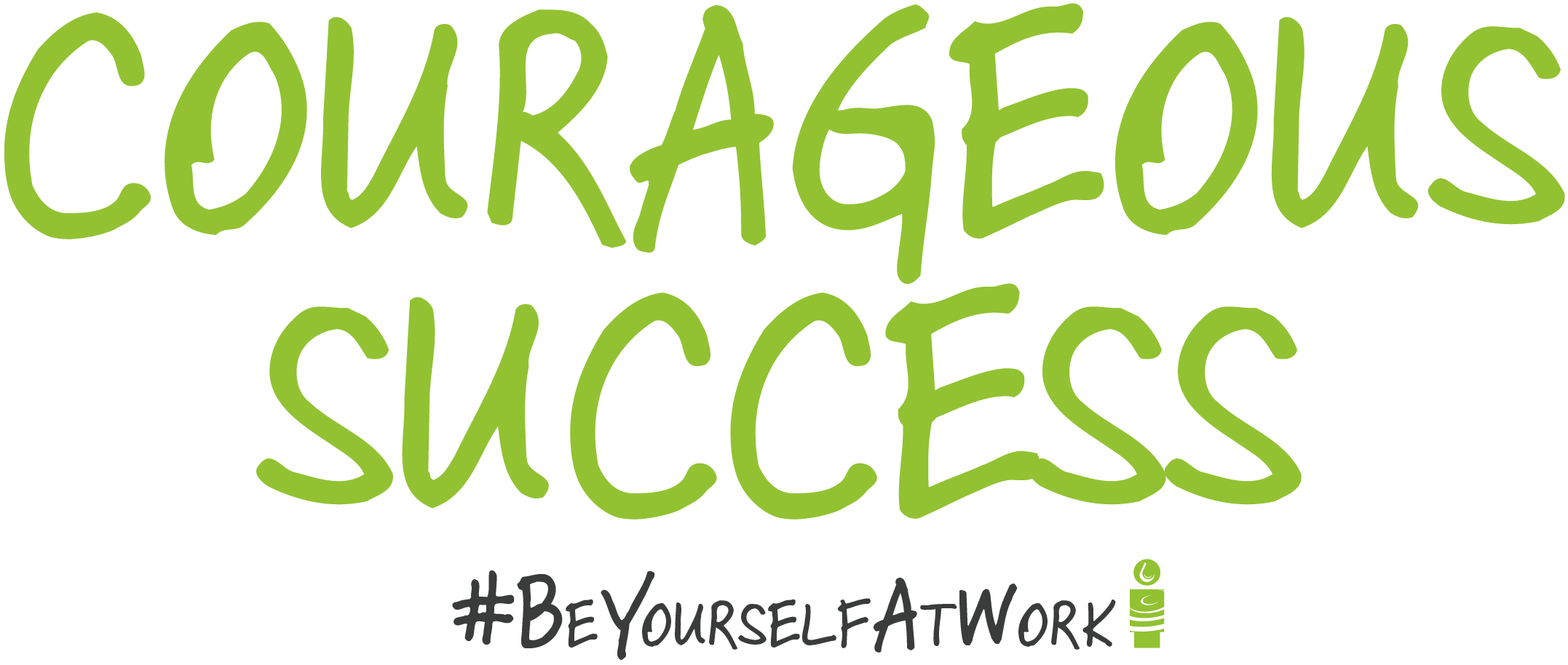November 13th is World Kindness Day and this year, as every year, the media was awash with great examples of kindness, a lovely oasis in the midst of our normal, more negative and challenging news.
It’s a shame that we need to be reminded to be kind with a day dedicated to it, when in-fact we are all naturally inclined towards kindness. Darwin identified kindness as the strongest and most valuable instinct for man, the one that makes survival possible for humanity as a species. A great example, part of a collection of 12 acts of kindness collated by The Independent to celebrate World Kindness day, was fellow commuters in Perth all pulling together to help to free a man who had fallen and was trapped by his leg under a train.
We know that 80% of us have an iAM value around kindness. This is backed up by many other scientists who argue nowadays that our brains are hardwired for kindness, and state that, when we are compassionate and kind it releases the powerful feel good neurochemical oxytocin, generating a whole load of positive emotions. Kindness has a massive ripple affect too, a study in Spain, published in the US National Institute of Health, showed that when people, who were assigned in the research to be ‘givers’, were asked to be kind to a number of ‘receivers’ over a set period of time, the receivers were 278% more likely to be kind to others versus the study control group. An incredible impact!
Yet for many of us our natural kindness stays buried. Jay Narayanan (Professor in management and organisations at the National University of Singapore) contributed to a Stanford University conference on Compassion & Business, and talked about the toll of holding a grudge, describing an experiment showing that grudge-holders perceived a hill as steeper than those who had been asked to recall a time they’d forgiven someone, “as if the grudge is a heavy backpack that people wear,’’ yet we can resist forgiving others because we fear it will make us appear weak. We can keep our innate kindness hidden for the same reason. This fear is about conforming to an outdated model of how we think we should act and how we should be seen by others, of appearing strong. This outdated model is still prevalent within workplace behaviour and culture, and takes people away from who they really are at heart.
Jaclyn Lindsey, Co-founder and CEO of kindness.org, has conducted research with the University of Oxford that shows “by helping others, your own happiness, life-satisfaction, relationships, social connections and positivity are increased—and life becomes more enjoyable.’’ She also refers to University of Wisconsin’s research by Richard Davidson that shows “… kindness can improve job performance, lengthen employee tenure, and reduce sick leave.’’
What business and culture wouldn’t benefit from all that?
Here are our short tips to spread kindness everyday:
- Be more conscious of your behaviour every day and the impact on those around you – put them first – aim to have a positive impact.
- Be true to your iAM values wherever you are.
- Give people time and pay full attention to others, drop the multitasking with technology whilst speaking to others and really listen instead.
- Invest some time to others every day – and stick to it.
- Remember that being kind makes you feel good too.
- Practice small acts of kindness every day – the person you are kind to is 278% more likely to pay it forwards – what an impact!
#BeYourselfAtWork
